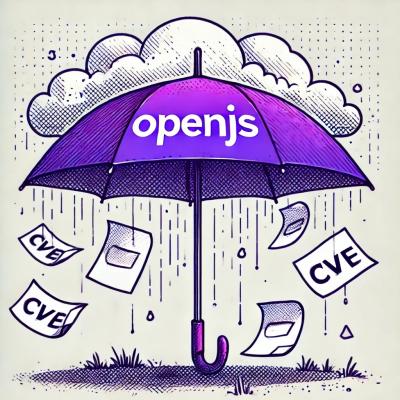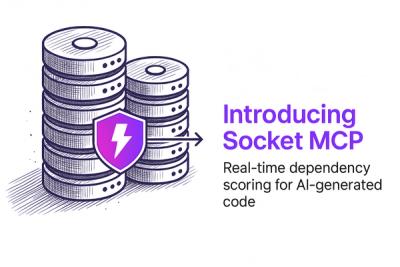protoc-gen-go-grpc
This tool generates Go language bindings of services in protobuf definition
files for gRPC. For usage information, please see our quick start
guide.
Future-proofing services
By default, to register services using the methods generated by this tool, the
service implementations must embed the corresponding
Unimplemented<ServiceName>Server for future compatibility. This is a behavior
change from the grpc code generator previously included with protoc-gen-go.
To restore this behavior, set the option require_unimplemented_servers=false.
E.g.:
protoc --go-grpc_out=. --go-grpc_opt=require_unimplemented_servers=false[,other options...] \
Note that this is not recommended, and the option is only provided to restore
backward compatibility with previously-generated code.
When embedding the Unimplemented<ServiceName>Server in a struct that
implements the service, it should be embedded by value instead of as a
pointer. If it is embedded as a pointer, it must be assigned to a valid,
non-nil pointer or else unimplemented methods would panic when called. This is
tested at service registration time, and will lead to a panic in
Register<ServiceName>Server if it is not embedded properly.



